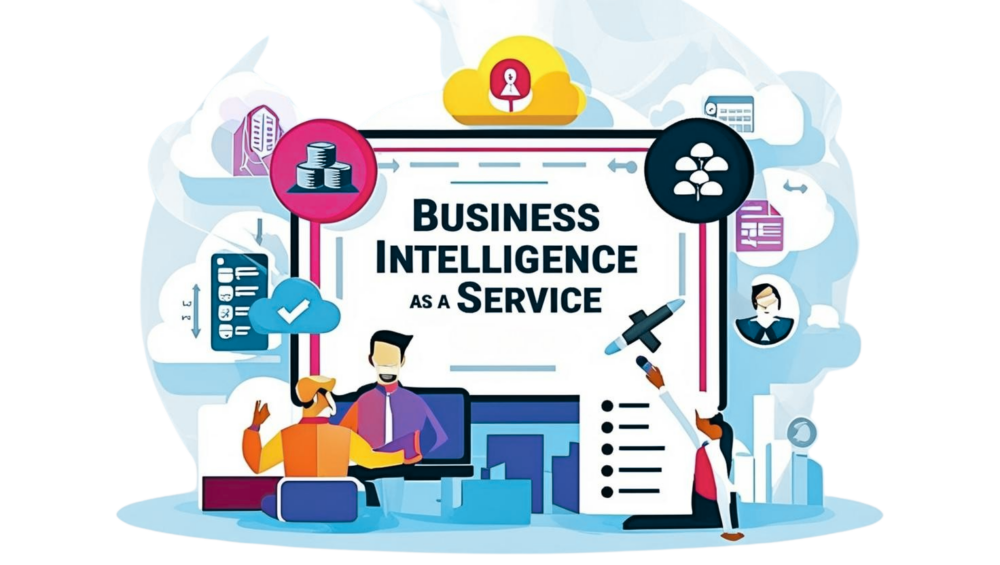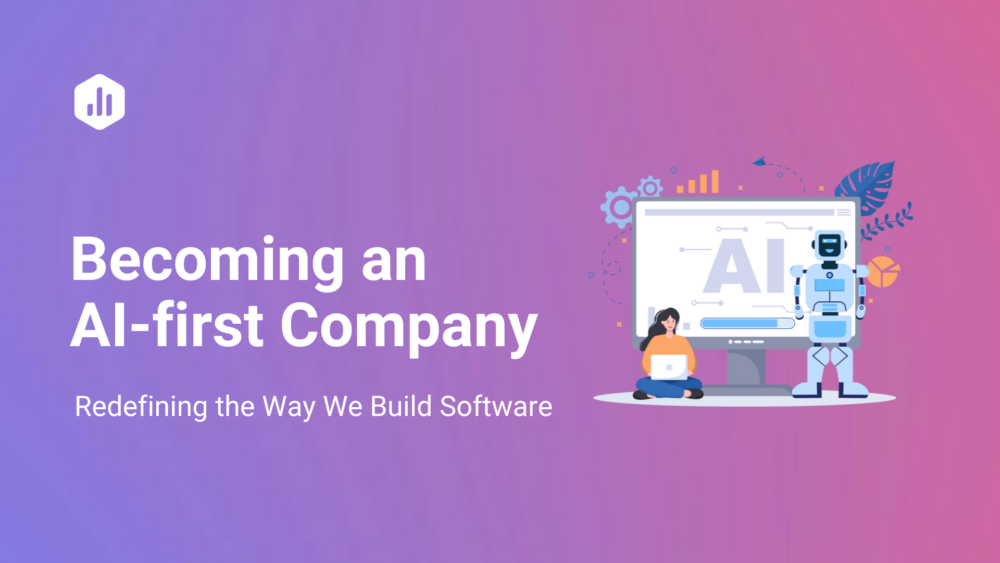Table of contents
In my last post I talked about how creating professional development plans for your employees is a key component of being a good manager. But sometimes “professional development” can feel a little intangible and amorphous. We all know it’s something we should invest time in, but yet it still gets pushed to the wayside. But if creating a people-focused company is what you’re after, then you need to pay attention to what matters — and one of the things that matters most is helping your employees develop and keeping them motivated to do their best work.
In this post I’ll talk about 4 simple things you can do to create structure for professional development so it works for both you and your team.
Set aside dedicated time.
If you’re reading this, you probably already know that professional development is incredibly important, but seldom urgent. As a result, it’s common to try to push off these conversations in order to accommodate more pressing tasks, or even to try to squeeze in these conversations during other meetings.
The thing about professional development, however, is that it’s as much about building trust and openness with your employee as anything else — and pushing off or “squeezing” in these conversations actually makes it harder to get to the stuff that really matters. Setting aside dedicated time is essential to be able to zoom out from the day-to-day to do list.
To make it happen, I like to schedule a recurring meeting for every 4-6 weeks. If it’s already on your calendar, it’s a lot harder to postpone. Maybe even consider holding these meetings outside or at a local coffee shop. Sometimes neutral territory can help candid conversations flow more freely.
It doesn’t have to be formal.
You might be thinking, “great, I scheduled a recurring meeting… but now what are we going to talk about?” I think many managers get intimidated by professional development for that exact reason — they’re not sure what to say.
The thing about good professional development conversations, though, is that they should be just that — a conversation. Think about these sessions not as a time when you need a structured lesson plan, but rather as a chance to have open dialogue about your employee and his/her career path. Here are some questions that I’ve found helpful to get the discussion going:
- What aspects of your job make you the most excited/energized?
- What parts of your job could you live without?
- Do you have a vision for where you want to be in 5-10 years? What can I do to help get you there?
- In your current role, what do you think you’re doing really well? What could you improve on?
- What frustrates you in your current role?
- Is there anything you’re really interested in that you haven’t yet/recently gotten to work on?
Although I practice what I preach as a manager, I’ve also seen this work first-hand from the employee perspective too. Years ago, at one of my previous companies, I started out in an individual contributor role, but I knew that managing was something I wanted to do. Thankfully, my then-manager opened up one of our first professional development conversations by asking about how I saw my career developing and how she could help me get there. Much to my excitement, an organic conversation followed that ultimately led to me managing an intern and a full time junior team member within the next three months. Even though I had a good relationship with my manager from the get-go, as a new employee, I don’t think I would have been comfortable to bring up this topic unless she had invited me to. And I’m so glad she did!
Show them the path.
Everyone wants to feel like they know how to succeed in their job. And a part of that is making sure that you and your employee have a mutual understanding of where they are now, where they want to get to, and the plan for how to get from here to there. That last part is especially critical.
I find an effective way to do this is to create a list of competencies for each role on my team. What are all the things that someone in that role must demonstrate proficiency in? Then, do the same for the next level up. The next part might surprise you… but I recommend sharing these competencies with your team. Although managers are often conditioned to keep these sorts of things secret, these competencies are actually a great conversation tool because it enables you to talk about specific skills or behaviors that your employee needs to demonstrate before they’re ready to move up.
Feedback is a two-way street.
The purpose of professional development is to help the employee succeed. And a big part of doing that is understanding how you’re helping, and when you could be helping better or differently. Don’t be afraid to ask for feedback about yourself, as a manager.
Personally, I like the “stop, keep, start” framework for this, since it gives a bit more structure than just asking broadly for feedback (which can sometimes be daunting for employees). Instead, ask:
- What should I stop doing?
- What should I keep doing?
- What should I start doing?
When I’ve done this with newer employees, in particular, it’s really helped me learn when to take the training wheels off. I once had an employee say “I’d like it if you keep attending the meetings with so-and-so in them because I haven’t yet figured out how to work with her.” And then over time, that evolved to “I think you can stop coming to those meetings – I’ve got it under control now.” It was incredibly helpful for me, as a manager, to hear directly from him about when he needed my help, and when he didn’t. That ensured I wasn’t leaving him out to dry, but also wasn’t hovering when he was capable on his own. And even if it hadn’t naturally evolved to the point where he felt comfortable on his own, I would have had a natural forum to follow up and talk about strategies for dealing with the difficult person.
The bottom line is don’t be put off by the ambiguity of “professional development.” Even if it doesn’t feel natural right away, stick with it. It can take time to develop this type of rapport with your team… but trust me, it will be worth it.












